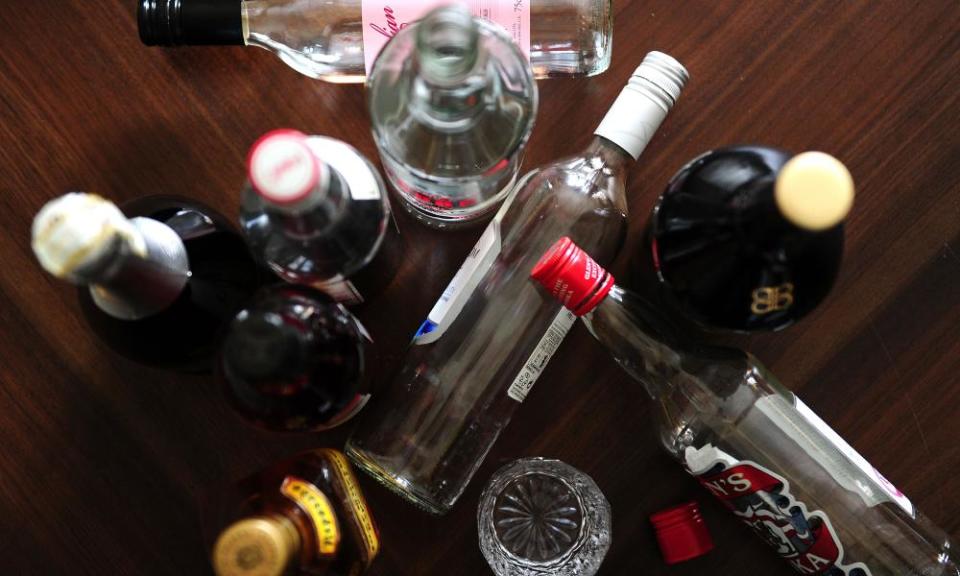Australians getting drunk an average of 31 times a year and more buying drugs on darknet

Australians reported getting drunk an average of 31 times per year, more times per year than all but two of 25 countries surveyed, according to the latest Global Drug Survey.
The survey also shows an increase in people acquiring drugs from markets on the darknet worldwide, up to 15% of global respondents, compared with 10.7% in the 2019 survey.
The annual Global Drug Survey, released on Monday, was conducted with more than 110,000 respondents from 25 countries between November 2019 and February 2020, before the coronavirus pandemic hit many countries and forced them into harsh lockdowns.
The Australian component surveyed more than 10,000 people and defined getting drunk as “having drunk so much that your physical and mental faculties are impaired to the point where your balance/speech was affected, you were unable to focus clearly on things and that your conversation and behaviours were very obviously different to people who know you”.
Australia ranked third, after Scotland and England, which reported 33.7 and 33.8 days respectively. The global average was 20 days.
Australians said they regretted getting drunk on about one third of occasions, with women regretting it more (39%) than men (30%).
The main regrets people had were due to the hangover (75%), saying things they would not have normally said (42%) and increased anxiety the next day (31%).
Although just 4% of respondents reported seeking emergency medical treatment related to alcohol, Australia was still the second-highest ranked country out of those surveyed, second only to Russia. Women under 25 were the highest for emergency calls in Australia at 5.3%.
The report also found that one in 25 people in Australia who used methamphetamine, GHB or synthetic cannabis reported needing emergency help, compared with less than one in 100 for those who used mushrooms or ketamine.
One in five of people who used GHB worldwide reported passing out following their use of the drug but, of those who reported passing out, an ambulance was called on only 9% of occasions.
Gay (18.1%) and bisexual (8.6%) people were much more likely to report having used GHB over their lifetime, compared to heterosexuals (5.1%).
The report surveyed people’s views on value for money on drugs, which found for the third year running that LSD was the most value for money at eight out of 10, followed by magic mushrooms and GHB. Lowest value for money was alcohol inhalers at 2.9, followed by alcohol at bars and cocaine.
The report noted the continued increase in darknet usage for acquiring drugs came despite scams, market closures and well-publicised police stings.

 Yahoo Finance
Yahoo Finance 